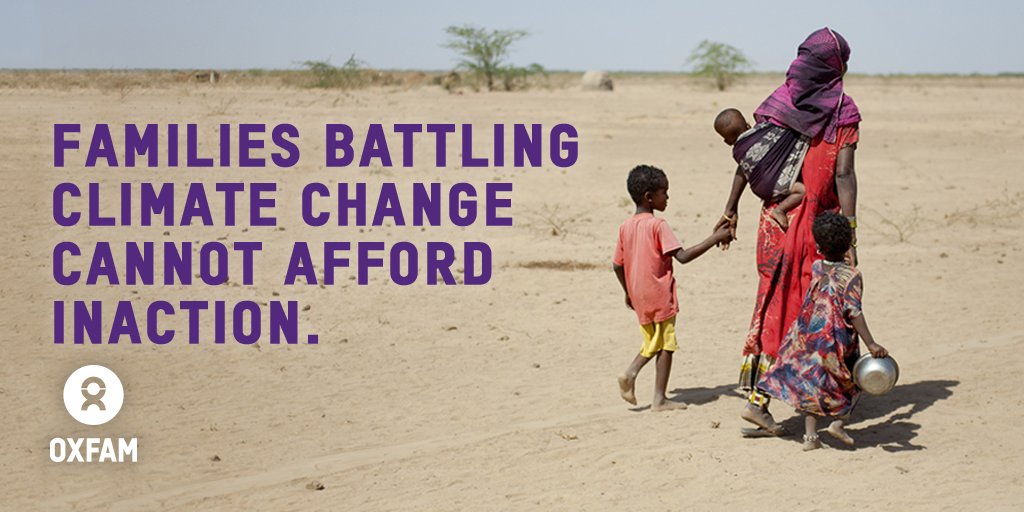- 3 min read
- Published: 12th August 2021
Our planet has spoken and it demands climate action

Amid a world in parts burning, in parts drowning and in parts starving, the IPCC has just tabled the most undeniable wake-up call yet for global industry to switch from oil, gas and coal to renewables.
It is so important that our governments use everything in their power to bring into effect the urgent change that is needed to protect our future. And we, citizens of the world, must use our political power and behaviours to push big polluting corporations and governments in the right direction as there is no Plan B.
IPCC describes humanity’s slimmest chance to keep global warming to 1.5°C and avert planetary ruin and their report is yet more unimpeachable proof that climate change is happening now, and that global warming is already one of the most harmful drivers of worsening hunger and starvation, migration, poverty and inequality all over the world.
In recent years, with 1°C of global heating, there have been deadly cyclones in Asia and Central America, floods in Europe and the UK, huge locust swarms across Africa, and unprecedented heatwaves and wildfires across the US, Turkey, Greece and Australia ―all turbo-charged by climate change.
Over the past 10 years, more people have been forced from their homes by extreme weather-related disasters than for any other single reason ―20 million a year, or one person every two seconds. The number of climate-related disasters has tripled in 30 years, with the UN estimating that 1.23 million people have died and 4.2 billion have been affected by droughts, floods and wildfires since 2020 alone.

The richest one percent of people in the world, approximately 63 million people, are responsible for more than twice as much carbon pollution as the 3.1 billion people who make up the poorest half of humanity. Those with money and power may take comfort in knowing they will be able to buy some protection against the effects of global warming for longer than people without those privileges and resources ―but can’t buy their way out of this problem forever. No one is safe. Our land, water and air is on the line, which means our survival as a species is on the line. The IPCC report is clear - we are at the stage now when self-preservation is either a collective process or a failed one.
The main perpetrators of global warming ―that is, rich countries that have reaped massive wealth by burning fossil fuels― must be the ones to cut their emissions first, fastest and furthest. They must also pay their climate debt to developing countries by scaling up finance to help them adapt to the effects of climate change and transition to clean energy. Other major polluters don’t get a free pass and must also drastically cut emissions. The world has as much to gain in terms of human safety, development, opportunity and jobs by running a global economy on renewables, as it has to lose in continuing business-as-usual.
Very few nations ―and none of the world’s wealthy nations― have submitted climate plans consistent with keeping warming below 2°C, let alone 1.5°C. If global emissions continue to increase, the 1.5°C threshold could be breached as early as the next ten years.
The IPCC report must spur governments to act together and build a fairer and greener global economy to ensure the world stays within 1.5°C of warming. They must cement this in Glasgow. Wealthy country governments must meet their $100 billion-a-year promise to help the poorest countries grapple with the climate crisis.
